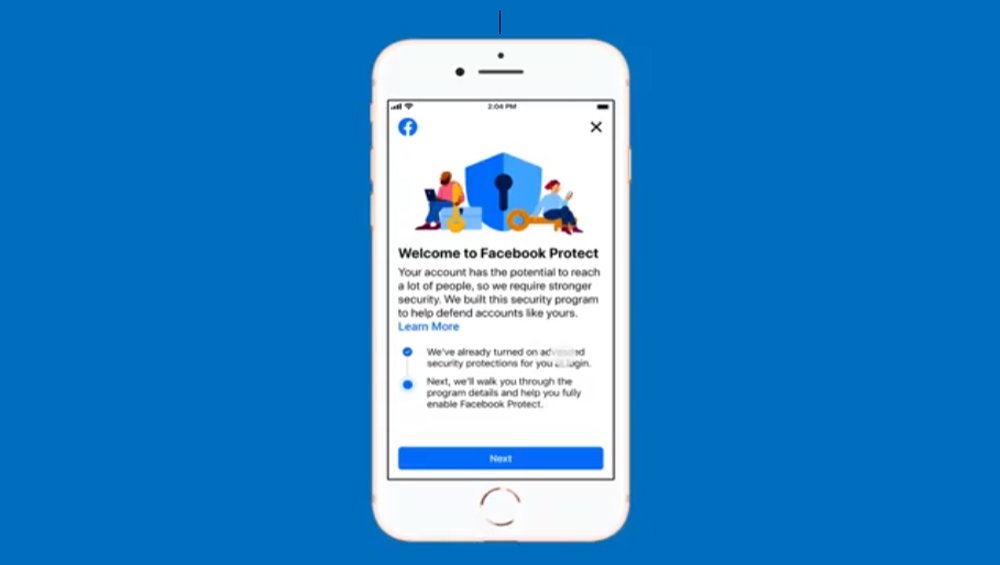Meta (formerly Facebook) announced today that it has registered more than 1,5 million users in Facebook Protect, a security program designed for human rights activists, journalists and government officials.
Facebook Protect was first tested in 2018 and officially released before the elections of 2020 on USA. The program works by enabling stronger controls security of the account for sensitive Facebook accounts and pages.
Users who sign up for the program are usually asked to enable two-factor authentication on their accounts, who also receive special monitoring for hacking threats and a high priority in customer support in case they need to regain access to their profiles after a breach.
Today, Facebook reported that it began expanding the program this September, when it began asking users and organizations to participate.
"Since then, more than 1,5 million accounts have been activated by Facebook Protect, and of these, nearly 950.000 accounts have recently been registered under two-factor authentication," said Nathaniel Gleicher, Facebook's Chief Security Officer.
The Facebook executive said the company would ask more eligible users to sign up for Facebook Protect in the coming months. Those invited to participate will see a pop-up window in their application and no special action will be required, such as providing documents or additional proofs, other than pressing a button to register.
"We are well on our way to expanding the program to more than 50 countries by the end of the year," Gleicher said.





